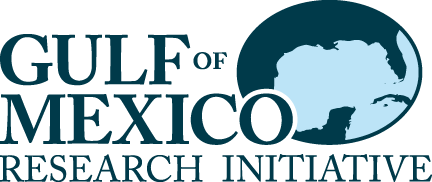Summary:
The Deepwater Horizon oil spill, a disaster that began in April 2010, stands to have long-lasting effects on the residents of coastal South Louisiana. In this proposal we outline a research agenda to assess the social impacts of the spill in the affected region. Specifically, we propose to build on a research investment made in Round 1 of the BP GRI by combining two unique sources of data: 1) one-of-a-kind household survey data, the Community Oil Spill Survey (COSS), that measures the health and well-being of residents of the oil spill affected communities; and 2) brand new data released from the American Community Survey (ACS) allowing the first summary socioeconomic statistics for small areas released since the 2000 Census.
The COSS data provide a novel opportunity to assess the impacts of the spill on the psychological, physical, and economic well-being of residents in spill-affected communities, while the new data from the ACS will allow for the measurement of community social vulnerability and resiliency (i.e., the social characteristics of places that make them differentially susceptible to disaster, differentially able to recover, etc.) at a more refined level than has ever been done to date. By combining these unique sources of data we will be able to determine not only the impacts that the spill has had on people in the region, but also how the social characteristics of different communities have shaped these impacts.
This project will build on ongoing work funded Round 1 of the BP GRI (“Tracking Community Resilience,” PI Troy Blanchard). Specifically, we request funding for two additional waves of COSS data in order to extend this unique data collection effort, as well as personnel time to build and analyze the combined COSS and ACS dataset. The findings from this research stand to extend the scientific literature on disasters and will inform evidence-based public policy aimed at addressing the impacts of this disaster as well as those that will undoubtedly unfold in the future.
